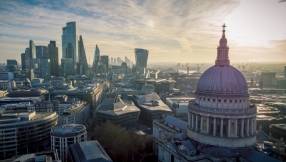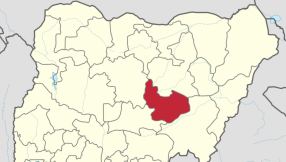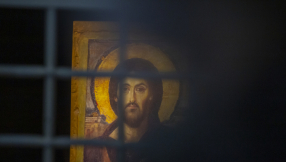Bishop stands firm on 'no-go' areas claims
In an interview with The Sunday Telegraph in January, the bishop challenged the Government on its multicultural policy, claiming that non-Muslims were finding it difficult to live or work in largely Muslim areas as a result of hostility.
Bishop Nazir-Ali also warned that Christianity was being eroded by a "multi-faith mish-mash" without "moral or spiritual vision".
His comments sparked fierce criticism from a number of political and religious leaders, whilst others commended the bishop for his courage in speaking up on a difficult issue they agree needs to be addressed.
In an interview with the same paper on Sunday, Bishop Nazir-Ali said he would not be silenced, despite the huge backlash, which included death threats to himself and his family.
"I believe people should not be prevented from speaking out," he says. "The issue had to be raised. There are times when Christian leaders have to speak out."
The Pakistan-born bishop was warned that he would not "live long" and would be "sorted out" if he continued to speak against Islam.
"If you disagree, that must be met by counter-arguments, not by trying to silence people. It was a threat not just to me, but to my family. I took it seriously, so did the police. It gave me sleepless nights."
Bishop Nazir-Ali, who remains under police protection with his family, went on to warn that unless Christianity fills the current "spiritual and moral vacuum" that has grown in Britian over the last 50 years Islam could its place.
"Do the British people really want to lose that rooting in the Christian faith that has given them everything they cherish - art, literature, architecture, institutions, the monarchy, their value system, their laws?" he asked.
He strongly rejected the recent assertion of the Archbishop of Canterbury, however, that British law should accommodate aspects of the Muslim legal framework, Sharia.
"People of every faith should be free within the law to follow what their spiritual leaders direct them to, but that's very different saying their structures should replace that of the English legal system because there would be conflicts," he told the Sunday Telegraph.













